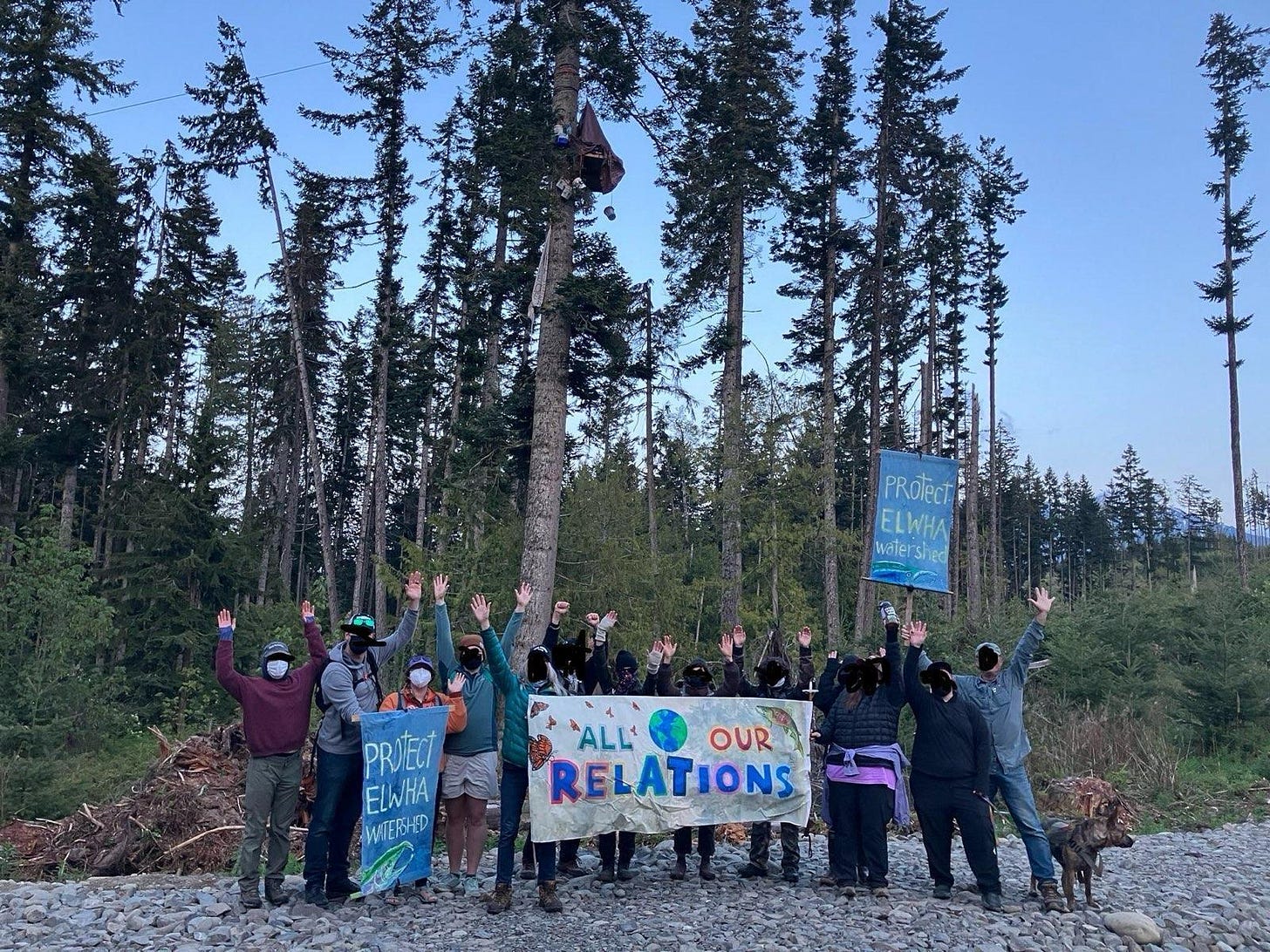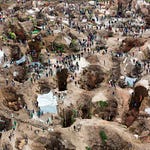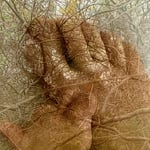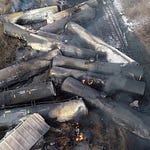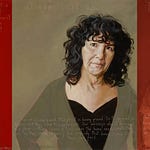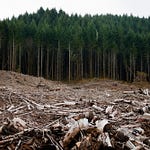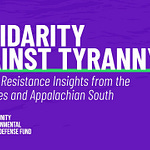Welcome to Truth and Reckoning, a new podcast from CELDF — the Community Environmental Legal Defense Fund.
In this show, we learn from frontline organizers and communities fighting against environmental destruction. We explore different perspectives and innovative strategies for movement building, the potency and potential of rights of nature, and effective action in defense of our communities. And, we share inspiring stories of people working towards right relationship with the land and each other. The show is hosted by CELDF Community Resistance and Resilience Program Co-Director Max Wilbert.
On this episode, we speak with “Fable,” a brave forest defender currently occupying a platform suspended from a tree in a forest threatened with logging.
Today, we bring you an exclusive interview with a tree sitter who has climbed into the canopy of a Douglas fir tree located in Washington State, west of Seattle in the Elwha River watershed near the small city of Port Angeles. This tree sit was launched on May 6th, at a time when logging imminently threatens an area forest called the “Parched“ timber sale.
We’ve previously introduced readers of this newsletter to the launch of this community action in defense of the forest and to background information on the legacy forest defense movement. This post focuses on the interview, but we’ll replicate some of the information we’ve previously shared here for new listeners and readers.
For more information:
Washington Legacy Forest Defense Coalition and Elwha Legacy Forests are two of the groups litigating to stop these timber sales.
What is a “legacy forest”?
For more than four years, activists across the Pacific Northwest have been campaigning to protect so-called legacy forests, successfully protecting thousands of acres. But what exactly is a legacy forest?
According to the Center for Responsible Forestry:
Legacy Forests are structurally complex, mature forests. They were often logged prior to 1945, after which began the widespread use of clearcutting with chainsaws, herbicides, and replanting as monocrops. They are critical for biodiversity, water quality, and salmon habitat. They store and sequester vast amounts of carbon at rates unequaled in the world. They are natural forests, not tree plantations, and as such they are more resistant to wildfire.
To classify as a Legacy Forest, these forests generally have the following characteristics:
Pre-1945 origin
Un-planted, naturally regenerated
Structurally complex (different stages of life cycle)
Genetically & biologically diverse
If protected, legacy forests will become Old Growth
The Parched timber sale is located east of the Elwha River and Highway 101, in the Dry Hill mountain bike area and above the Little River, a tributary of the Elwha River. The sale includes large, mature Douglas fir, western red cedar, grand fir, western hemlock, and big leaf maple. It targets a high-elevation primary forest, on a mountaintop above the Elwha River dam site. Most of the forest originated after a fire in 1880. With units 3 and 6 of the sale have never been logged before, and the rest of the sale area having never been logged by machinery, this 100-year-old forest is developing old-growth characteristics essential to endangered species like the northern spotted owl and marbled murrelet. An imperiled flower, whipplea modesta, also makes its home here.
What’s at stake?
A licensed independent engineering geologist, Glen G. Wade, reviewed the landscape during the SEPA review noting that logging would increase runoff in an area already threatened by deep-seated landslides "posing direct risks to nearby residences, Little River Road, and the Little River itself." Additional concerns have been raised about impact of logging on fragile salmon runs. "Parched" and other DNR sales are very near the site of the recently removed dam, where state and federal governments invested more than $338 million in river and salmon restoration.
Since 2022, Port Angeles City Council has raised serious concerns about logging the Elwha River watershed, as it is the sole source of drinking water for Port Angeles. The city claims their efforts for collaboration and dialogue with the DNR have been resisted or outright denied.
As The Seattle Times’ Lynda Mapes wrote, reporting on the action:
“…as more trees fall and climate change challenges the health of forests — and the rivers those forests protect — logging in the Elwha has been particularly controversial. It was there that Congress spent more than $350 million to take down two hydropower dams to revive legendary fish runs in the Elwha — a recovery that is just beginning to take hold more than a decade after the last dam came down.
Logging can increase sediment in streams. Cutting the canopy can raise stream temperatures. Cutting mature forests and replanting with young trees depletes stream flows and the effect lasts for decades. All of these things have happened on the Olympic Peninsula for many years, stressing salmon and steelhead populations.
This show can be found on the following platforms:
And anywhere else you get your podcasts
About CELDF — Community Environmental Legal Defense Fund
CELDF is a nationwide community of organizers, lawyers, and partners who educate, agitate, and organize to confront systemic injustice and restore humanity’s reciprocal relationship with the Earth. For over 30 years, we’ve helped communities resist corporate exploitation, reject regulatory false promises, and assert their right to self-govern through systems grounded in ecological balance and collective power.





